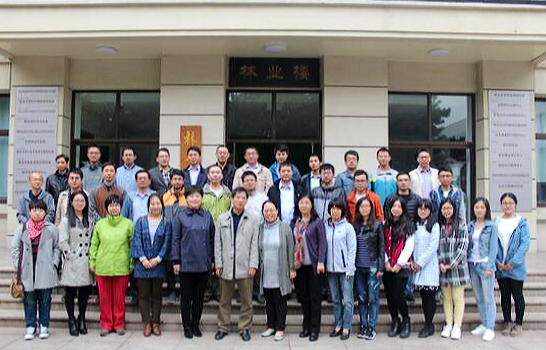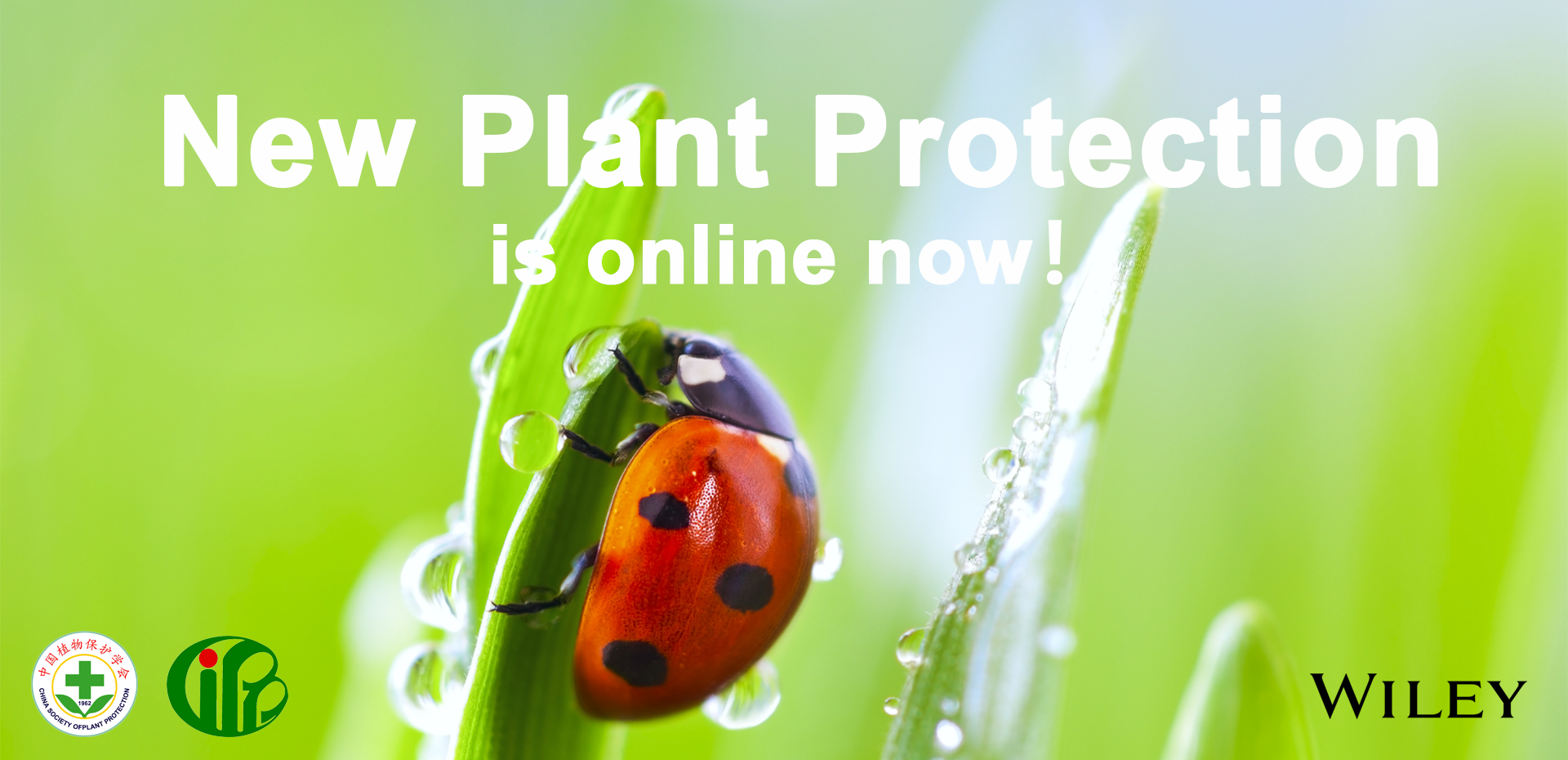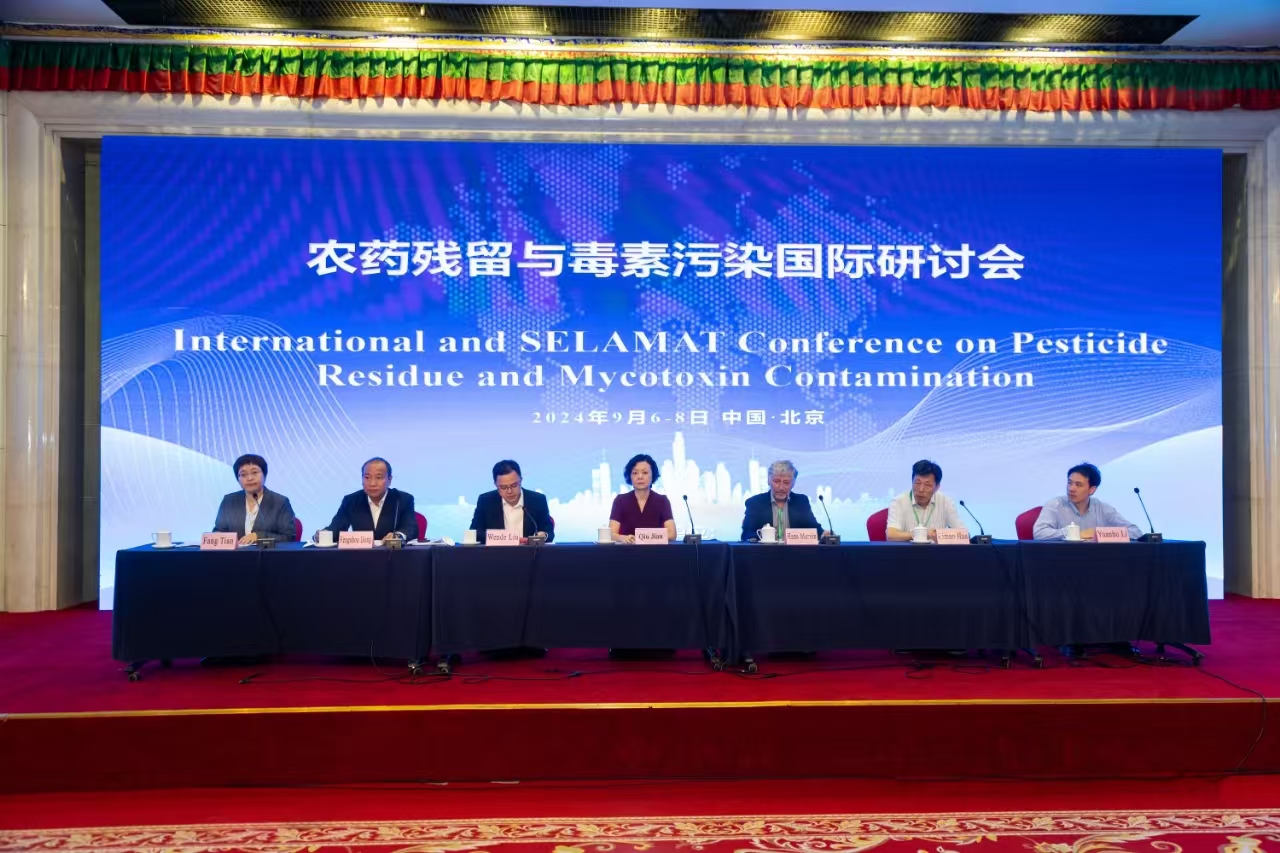Training session for field investigation, specimen collection and preparation under National Key Research and Development Plan Dynamic distribution and establishment of germplasm resources bank for major invasive organisms was held successfully
National Key R&D Plan Dynamic distribution and establisement of germplasm resources bank for major invasive organisms (2016YFC1202100) successfully held a training course for field investigation, specimen collection and preparation in Beijing on 15-16 October, 2016. This training session was undertaken jointly by Beijing Forestry University and Institute of Zoology (IZ), Chinese Academy of Sciences (CAS). The session was chaired by Prof. ZHOU Zhongshi from IPP-CAAS, the chief scientist of the program.

At the first day, Prof. WU Xuehong from China Agricultural University, Prof. LIANG Yingmei and Dr. XIE Yifei from Beijing Forestry University, Associate Prof. LIANG Hongbin from Institute of Zoology, CAS, talked one by one, and whose topics were The collection and preparation methods of plant disease specimen, The field investigation techniques for forestry diseases, The collection and preparation techniques for plant specimen, The protocols of field investigation, specimen collection and preparation for invasive anthropods: An introduction to main function and operation of ‘cloud collection’ APP for field investigation of invasive alien species, respectively.
At the second day, all participants discussed the compiling the normative of the colored illustrations for invasive plants, anthropods and plant pathogens in IOZ-CAS. The requirement included: (1) the participated college or academy should draw up the list of the invasive alien species that will be investigated next year. Meanwhile, the repeated species in the list should be checked and ruled out. The final number of species should be no fewer than 500. (2) The cataloged species investigated should have a sole code, i.e. species ID. (3) The basic data and information obtained, including taxonomic identification, investigation method, specimen preparation and high-resolution images, should be provided to the 5th sub-project of this Program. (4) The schemes and working instructions in practical operation for investigation in each ecological system should be defined as early as possible. After this session, the whole participants visited Beijing National Zoological Museum and viewed and emulated the specimen processing of anthropod.
This session was successful and fruitful. All participants are unanimous that they gained a lot. The participants get familiar with the investigation method of invasive alien plants, diseases and anthropods, the collection and preparation method of field specimens and matters needing attention; On the other hand, they disentangled an assembly line like thinking and plan along field investigation and collection-indoor specimen neatening and trimming-anaphase cloud analytics. The convening of the training session laid a solid base for the implementation of the Program.
More than 40 experts from IPP-CAAS, Beijing Forestry University, Nanjing Institute of Environmental Science, Ministry of Environmental Protection, Chinese Academy of Inspection and Quarantine, IZ-CAS, Nanjing Forestry University, IPP-Fujian Academy of Agricultural Sciences, Yunnan Agricultural University, IPP-Guangxi Academy of Agricultural Sciences, and IPP-Xinjiang Academy of Agricultural Sciences were present at the session.
-
 China-Laos Training Workshop on Integrated Management of Destructive Crop Pests and Diseases Successfully held in Laos
China-Laos Training Workshop on Integrated Management of Destructive Crop Pests and Diseases Successfully held in Laos -
 New Plant Protection: New challenge and new opportunity for plant protection
New Plant Protection: New challenge and new opportunity for plant protection -
 International and SELAMAT Conference on Pesticide Residue and Mycotoxin Contamination Held in Beijing
International and SELAMAT Conference on Pesticide Residue and Mycotoxin Contamination Held in Beijing -
 CAAS President Meets Chairman of ASEAN FAW Taskforce
CAAS President Meets Chairman of ASEAN FAW Taskforce
